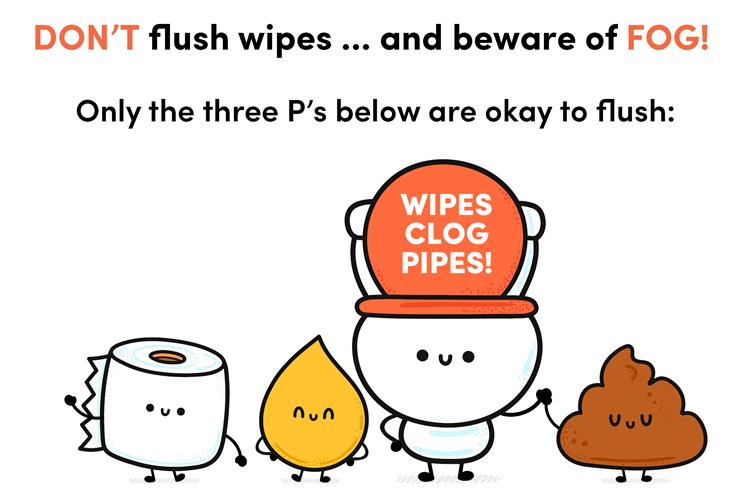Urgent issues
If you suspect, see or experience a sanitary sewer back-up, possible sewage leak (if you smell sewage for example), water main break, rusty water, plugged storm drain, basement flooding or unusually low or no water pressure, please contact us by phone. During normal business hours: Monday – Friday, 7:30 a.m. to 5:30 p.m., please call 734.794.6320. After hours, evenings, weekends and holidays, please call the Water Treatment Plant at 734.994.2840.
Water distribution
The City is responsible for maintaining over 400 miles of water main, 3,000 hydrants and 8,000 valves that deliver water to homes and businesses. Public Works crews also install, repair and maintain water service lines, water meters and perform backflow prevention inspections.
Click here to find guidance on flushing the plumbing system when water services have been restored.
Click here to find information on hydrant flushing.
Prevent backflow
Learn the steps you can take to prevent contaminants from flowing back into hoses and faucets by utilizing simple precautions and devices.
Sanitary sewer system
Public Works is responsible for inspecting and maintaining over 360 miles of sewer main and 10,300 manholes to ensure the uninterrupted collection of wastewater. Routine cleaning is performed with a high pressure water jet and vacuum cleaning truck, root cutting equipment (if pipe has been infiltrated by tree roots) and a video camera is used to assess pipe condition and pinpoint defects. Staff also repair sewer mains and manhole structures as needed. As part of work, the city will contract a company to perform sewer lining using non-styrene VE products (PDF).

It is more important than ever we take simple steps to help keep plumbing and sewer systems clear of clogs.
"Flushable wipes"
create blockages in household pipes and municipal sewer systems and should never be flushed down the toilet, nor should facial tissue or paper towels. Combined with fats, oil and greases, which should never be poured down the sink, these products can create enormous, and expensive to remove,
"fatbergs".
This website explains easy ways to help keep the Ann Arbor sewer system efficient and functional. Find out what not to flush, how to deal with fat, oil and greases, and how to prevent sewer pipe penetration.
Stormwater
In Ann Arbor, all
stormwater (and any pollutants carried by stormwater) are discharged, untreated, to the Huron River and its tributaries. To move stormwater, public works staff maintains and repairs 540 miles of stormwater conveyance system as well as 23,000 inlets and catch basins.
